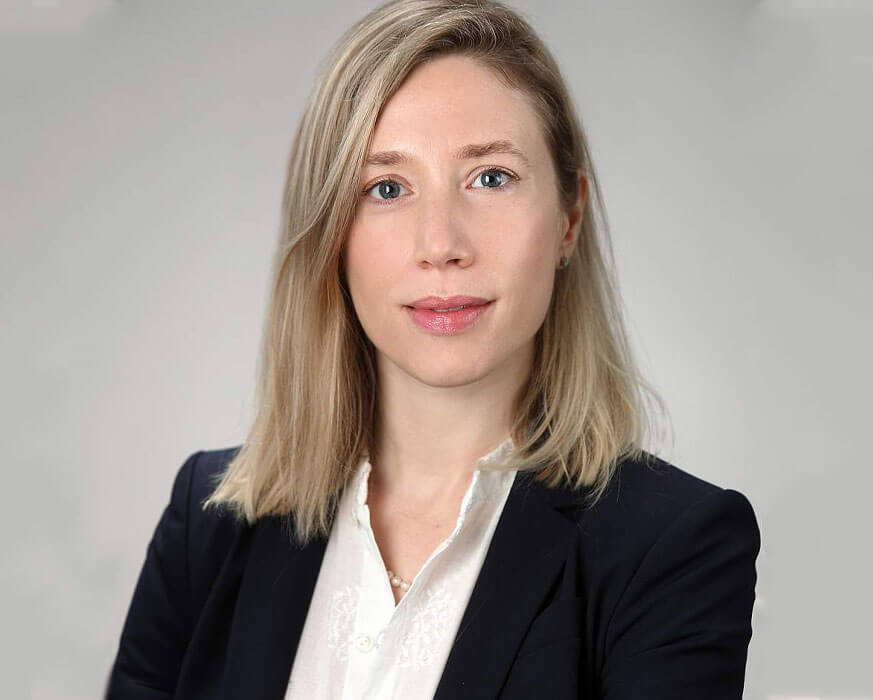Planning the Future of HEAL: August 31-September 1 2020 Multi-Disciplinary Working Group Meeting

Rebecca G. Baker, Ph.D., is the director of the NIH HEAL Initiative®. Read more about Dr. Baker.
Dear HEAL Community,
Next week, Monday, August 31 and Tuesday, September 1, join me as the Helping to End Addiction Long-term® Initiative, or NIH HEAL Initiative welcomes input from the HEAL Multi-Disciplinary Working Group, a diverse set of voices from government, academia, the private sector, and communities helping us plan for the future as well as giving candid feedback on how we are doing so far. The fourth meeting of this important advisory group precedes the one-year anniversary of the first HEAL awards: more than 400 research projects totaling $945 million. They span all six HEAL research focus areas, and I’ll be highlighting in particular several new efforts that address both pain and addiction.
Impact of COVID-19. Our work acquires a new urgency given that we are seeing a troubling 18 percent uptick in overdoses reported after pandemic mitigation efforts were put in place nationwide. COVID-19 has also significantly disrupted our healthcare system’s capacity to treat pain. Moreover, many of our most important stakeholders — people living with opioid use disorder and difficult-to-treat pain — are also at higher risk for COVID-19 and associated health problems. You may be interested in watching a conversation between NIH Director Dr. Francis Collins and Dr. Nora Volkow, Director of NIH’s National Institute on Drug Abuse earlier this month to learn what NIH is doing to help and what we might expect in the coming months. Dr. Volkow will provide an update to the Multi-Disciplinary Working Group when we meet virtually next week.
Health Disparities and Workforce Diversity in HEAL. The pandemic’s disproportionate impact on racial and ethnic minorities is devastating on many fronts. Consider also that scientists and research participants underrepresented in science and healthcare are the same groups disproportionately affected by COVID-19. We cannot look away from the bright light shone upon systemic racism in our country that has contributed to a health research team that does not reflect the United States. We at NIH are considering several strategies to achieve a more diverse workforce, and we must continue to recruit research participants that reflect the diversity of people living with addiction, pain, or both. This important effort has to be collaborative so please share your ideas with us.
Patient Engagement. Please consider attending Engaging Patients in the Research Process, an August 26, 2020 virtual workshop dedicated to this important topic, which can help bridge the gap between a treatment’s efficacy (whether a treatment can work) and effectiveness (whether it actually will work in the real world where actual patients live). We’re going to discuss and share best practices for working collaboratively with patients in studies of new therapies for pain.
Finally, after an unprecedented spring and summer, we will soon greet fall: the season of change. Educational beginnings from kindergarten to high school to universities and communities conducting HEAL research will look very different this year, but fall is a time for learning and new experiences. COVID-19 gives us all the opportunity to be creative about how we conduct research and how we interact with each other. I am looking forward to hearing your ideas about how we can keep HEAL alive and well as we tackle the dual crises of pain and addiction in individuals and communities.
As always, share information about HEAL with your networks and remember that we want to hear from you. It just takes a quick email to HEALquestion@od.nih.gov.
 U.S. Department of Health & Human Services
U.S. Department of Health & Human Services
